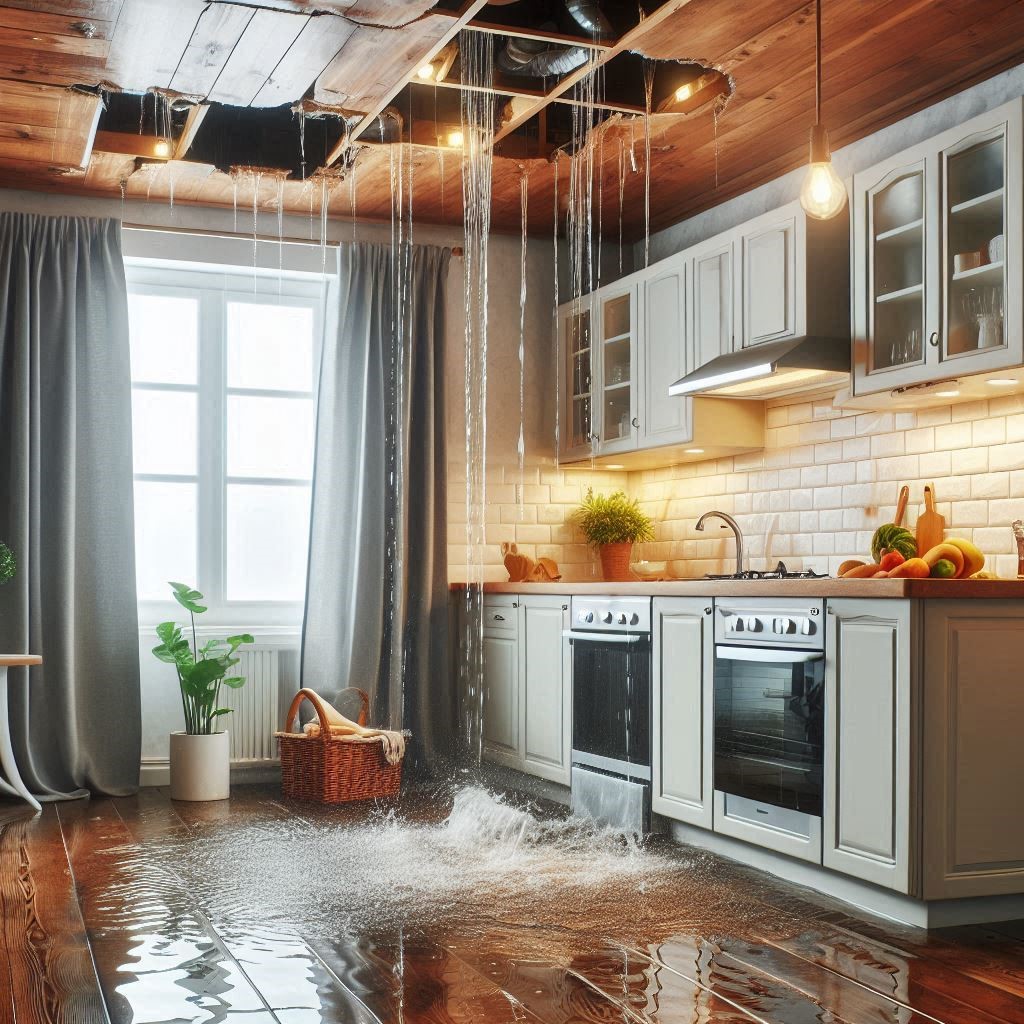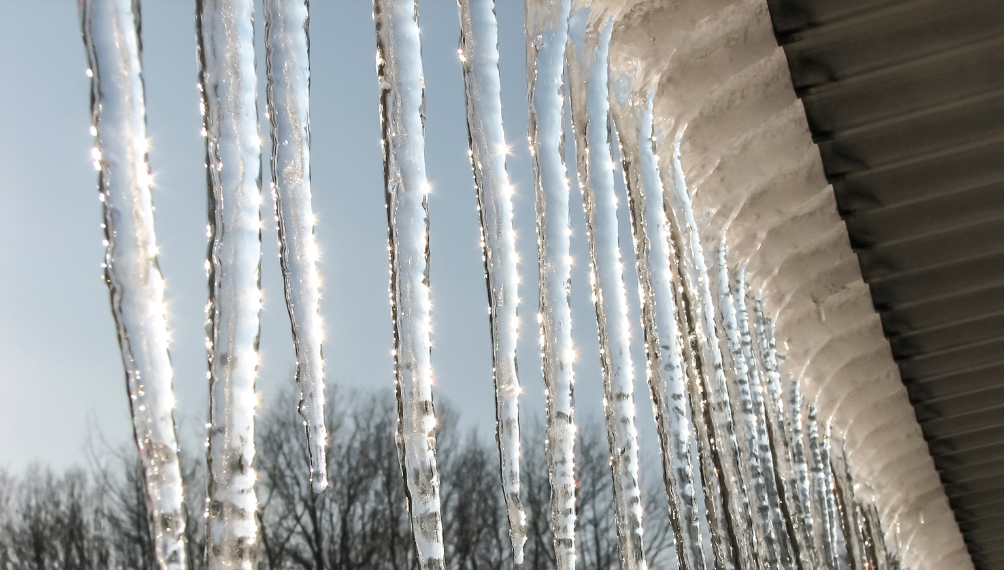Frozen pipes happen quickly in frigid weather. All it takes is one small area with insufficient insulation to cause major water damage.
Greater Portland and Maine could experience the coldest air mass we’ve seen in years. If you’ve made recent improvements to your home or business (additions, remodeling, new heat systems, etc.), this will be the harshest test your property has had to endure since then. Here’s how to avoid damage from frozen pipes, and what to do if your pipes freeze.

In Very Cold Weather
- Open cupboard doors below sinks. This allows warm air to circulate, and helps keep pipes from freezing.
- Turn on hot and cold faucets enough to let them drip slowly. Keeping water moving through the pipes prevents freezing.
If You Leave for More than a Day
- Keep the temperature at a minimum 65 degrees F. People often set their thermostats lower than this and assume they’ll be ok. They find out the hard way that the temperature in the living or working space may be fine, but the temperature inside the walls, where the pipes are, may not.
- Have someone check your property regularly. If your pipes freeze or water leaks, early discovery saves major damage.
- Use a “low-temp alarm”. Plenty of inexpensive wireless devices can text or call you if the temp drops inside your property. Even better long-term solution: install a low-temperature alarm into a monitored security system.
Think You Have Frozen Pipes?
Don’t wait for them to burst.
Take measures to thaw them immediately, or call a plumber for assistance. Do NOT attempt to thaw them yourself with any sort of flame!
If your frozen pipes do burst…
Even a 1″ split in a pipe can cause thousands of dollars in damage in minutes. You need to act quickly to prevent additional damage.
- Turn off the water at the main shutoff valve.
- Clean up the water. You don’t want more damage than you already have. An insurance adjuster doesn’t need to see the water, but will want to inspect any damaged items.
- If you have a lot of water, contact a remediation contractor. Your insurance agent can help you locate one.
- Prevent further damage. Protect or remove any carpets, furniture, inventory or other items that can be damaged from further seepage.
Making an Insurance Claim for Frozen Pipes
Many standard homeowners and business property policies cover water damage resulting from frozen pipes. Not all policies are alike. Contact your agent to be sure what your policy covers.
Filing a claim:
- Call your insurance company or agent as soon as you notice the damage. Noyes Hall & Allen Insurance clients can find emergency claim phone numbers and other instructions here. If your agent or company requests you to do so, follow up with a written explanation of what happened.
- Make temporary repairs and take other steps to protect your property from further damage.
- Save receipts for what you spend and submit them to your insurance company for reimbursement.
- Make a list of damaged items. If your home is so severely damaged that you cannot live there, save the receipts from any additional living expenses you incur for accomodations while repairs are being made.
We hope you and your property remain safe and warm through this cold weather.


